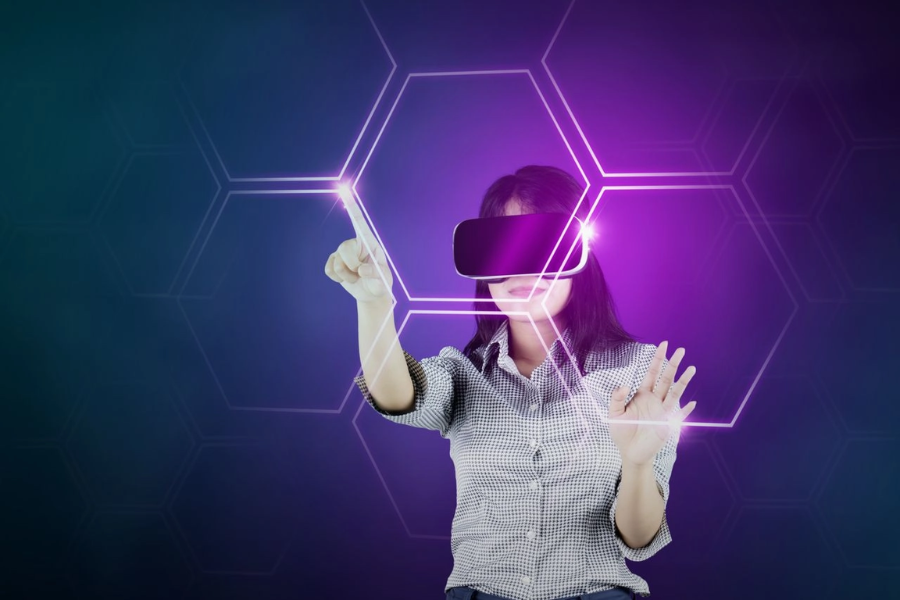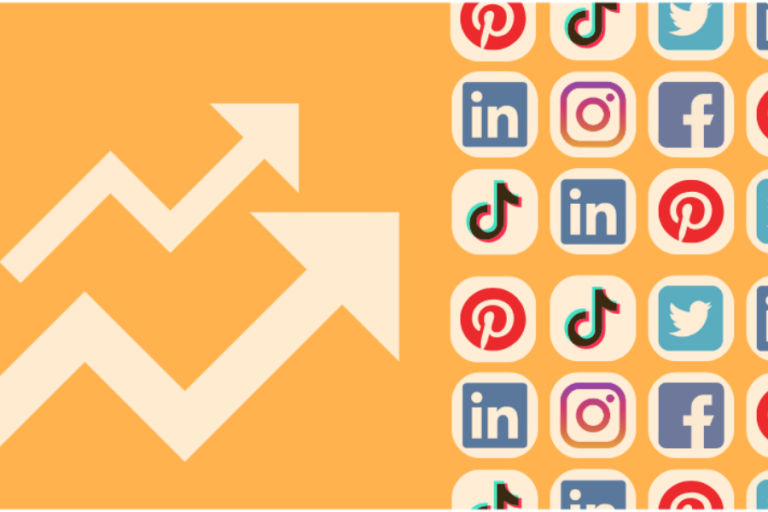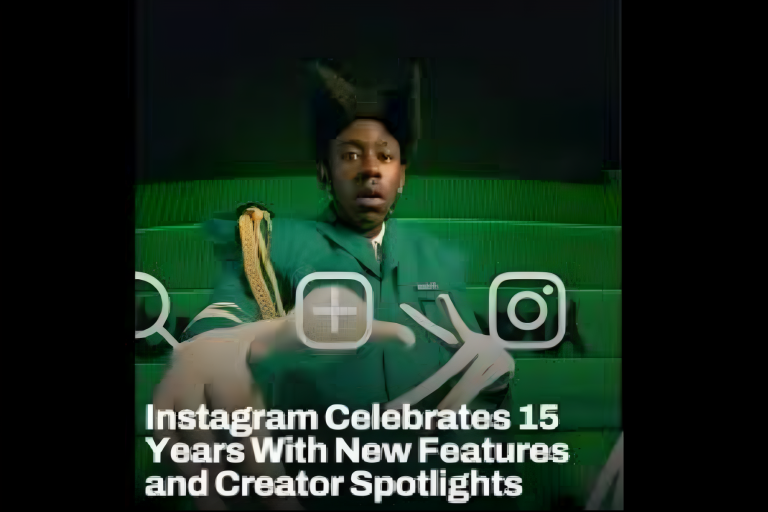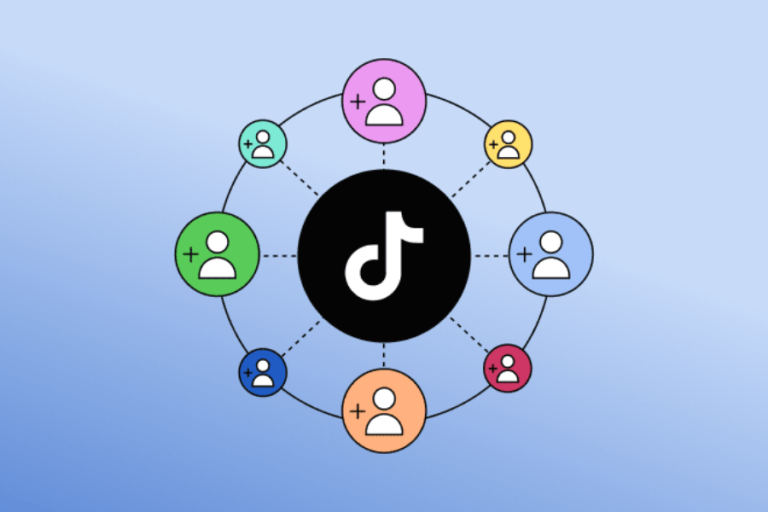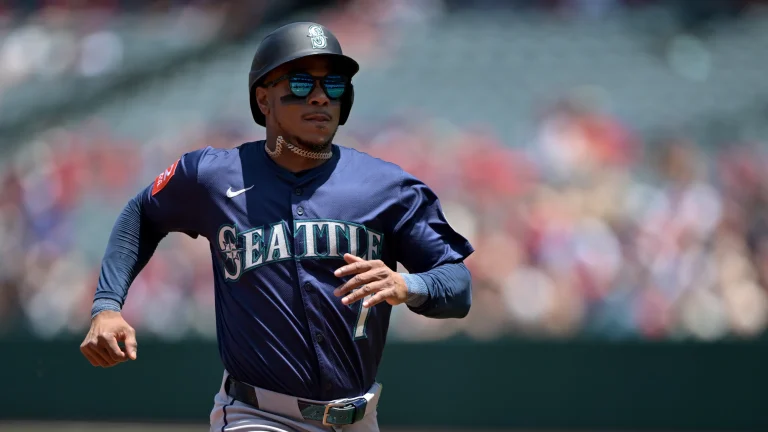The Rise of AI in Entertainment: DignoTech Explores the Creative Revolution
The world of entertainment is experiencing a profound shift, and at the heart of this transformation is artificial intelligence. From automated scriptwriting and deepfake technology to personalized content recommendations and AI-generated music, the creative industry is being reshaped by smart algorithms and machine learning. At DignoTech, we dive deep into how AI is not just influencing entertainment but redefining the very essence of creativity.
For years, AI was seen as a tool of productivity and logic, reserved for data science, finance, and automation. Today, it is a storyteller, an artist, a musician, and even an actor. The entertainment revolution powered by AI is no longer science fiction. It is here and expanding rapidly.
Storytelling Meets Algorithms
In the past, storytelling was a purely human endeavor. Writers, directors, and script editors formed the creative core of every project. Now, AI models can generate plotlines, dialogues, and even full-length screenplays based on audience preferences, genre patterns, and emotion-driven prompts.
AI tools like GPT-based engines are being used to co-write scripts. These models learn from thousands of books, movie plots, and TV show narratives to produce compelling story structures. While human input remains essential, the ideation and drafting process is evolving into a collaboration between man and machine.Some producers use AI to analyze box office trends and script formats to predict what themes or character arcs will succeed. This data-backed storytelling is becoming a strategic part of entertainment development.
Music Generation and AI Composers
The music industry has also embraced AI in revolutionary ways. AI can now compose original music, replicate styles of famous artists, and produce background scores for films, games, and advertisements. Platforms are already offering royalty-free AI-generated soundtracks tailored to specific moods or genres.
In fact, some chart-topping songs today involve AI-assisted production. From beat selection to sound mixing, algorithms help musicians optimize rhythm, frequency balance, and even predict audience response. AI is not replacing musicians but acting as an intelligent co-creator.
Artists also use AI to explore new creative boundaries. It can generate unexpected melodies or recreate lost compositions based on minimal data inputs. What was once seen as a rigid code is now a creative canvas.
Virtual Influencers and Digital Avatars
AI is also fueling the rise of virtual influencers — digitally-created personalities that interact with audiences, promote brands, and gain followers. These characters are not real humans, yet they command millions of fans, engage with real-world events, and collaborate with major corporations.
The entertainment industry is investing in digital humans for hosting events, starring in animated films, and representing fashion lines. What makes this trend powerful is not just the graphics but the AI that powers interactions, speech, expressions, and emotional responses.
Virtual concerts featuring AI-enhanced avatars are attracting global attention. These experiences blend music, animation, and technology into a seamless futuristic event that is redefining how fans connect with performers.
AI in Film and Video Production
Video editing, color grading, sound design, and visual effects — all are being transformed by AI-driven tools. These applications save time, reduce costs, and open creative possibilities for independent creators and large studios alike.
AI can enhance footage, upscale low-resolution videos, and even replace backgrounds in real time. Filmmakers use machine learning to generate realistic crowd scenes, adjust lighting automatically, or de-age actors without expensive CGI.
In 2025, AI is becoming a behind-the-scenes assistant that accelerates the production cycle while enhancing quality. Instead of eliminating jobs, it changes the nature of roles, emphasizing creativity over repetition.
Personalized Content Experiences
One of the most direct impacts of AI on entertainment is personalization. Streaming platforms like Netflix, YouTube, and Spotify use AI algorithms to understand viewer preferences and deliver content suggestions tailored to each individual user.
This personalized experience is why binge-watching has become a norm. AI observes not only what users watch but how they watch — when they pause, skip, or rewatch — and uses that data to refine future recommendations.For content creators, this data is gold. It helps in designing content that aligns with what audiences truly want, increasing retention and satisfaction.
Ethical Challenges and Creative Boundaries
With all the innovation, there are also critical concerns. As AI-generated content becomes more common, questions about originality, copyright, and creative ownership arise. Who owns a song composed by an AI trained on existing music? What happens when AI deepfakes an actor’s voice or image without consent?
Moreover, there is the question of creative authenticity. Some critics argue that creativity should remain a human domain. Others worry that over-reliance on algorithms may lead to formulaic or emotionally shallow content.
At DignoTech, we recognize that while AI offers unprecedented opportunities, the balance between automation and artistry must be carefully managed. Ethical frameworks, regulations, and human oversight will be essential in shaping the AI-creative relationship.
Future of Entertainment: A Human-AI Collaboration
The narrative of AI replacing artists is incomplete. What is unfolding is a collaborative future. Writers are using AI to brainstorm ideas. Musicians use it to find new beats. Directors rely on AI to test visual concepts. Even comedians explore AI-generated punchlines to refine their material.The future of entertainment will not be man versus machine but a fusion where AI handles the heavy lifting, and humans focus on emotional depth, storytelling, and authenticity.
This hybrid model is already visible in how games are designed, how reality shows are produced, and how interactive storytelling is gaining traction. Audiences will not just watch content but interact with it in real-time, creating a personalized story arc driven by AI logic and human emotion.
The DignoTech View
As a platform at the intersection of technology, media, and culture, DignoTech believes that the AI revolution in entertainment is only beginning. The creative world is shifting from isolated genius to connected intelligence.
AI is not here to end human creativity but to expand it. It breaks technical barriers, speeds up production, and introduces new creative frontiers. But it also challenges us to think more deeply about originality, ethics, and the essence of what it means to create.
In the years ahead, the most successful content will come from creators who embrace AI as a partner rather than fear it as a competitor. This creative revolution will be defined not by who has the best tools, but by who uses them with purpose, vision, and responsibility.
